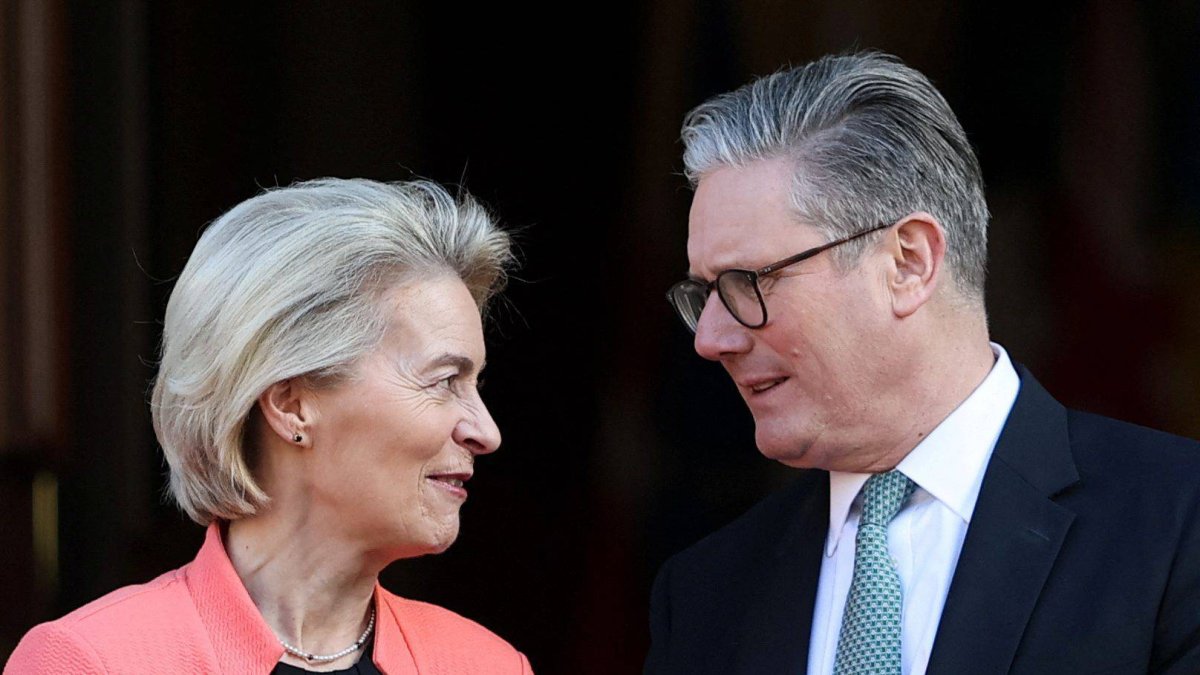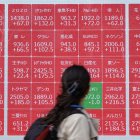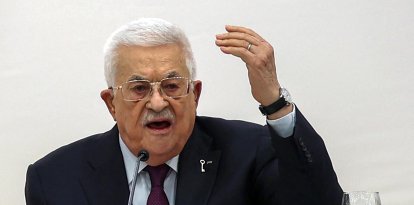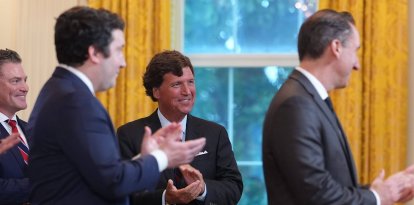The hypocrisy of tariff critics
Those who spent decades erecting barriers to trade now cry foul over Trump’s countermeasures. Spare us the outrage

Ursula von der Leyen and Keir Starmer
The outrage over the Trump administration’s tariffs is deafening. But beneath the noise lies a breathtaking hypocrisy. Some of the loudest critics of Trump’s trade policies are not defenders of free markets at all—but rather longtime protectionist zealots, now masquerading as champions of free trade. Their sudden conversion is not only unconvincing, it is deeply cynical.
Look closer, and you’ll see many of these critics hail from political traditions and institutions—especially in Europe—that have historically fought tooth and nail against globalization and open markets. These are the very same people who, for years, embraced restrictive regulations and cheered on the imposition of trade barriers in the name of protecting their industries and jobs. Now, with Trump employing similar tactics against their foreign allies and trade partners, they howl in protest, as if free trade had been their creed all along.
Let’s be honest: the global trading system has never been the level playing field they pretend it was. Free trade, in its purest form, is a myth. For decades, countries targeted by the Trump tariffs—China, much of Europe, and others—have constructed elaborate webs of tariffs, subsidies, and regulatory barriers that conveniently insulated their industries from genuine competition. They exploited relatively open U.S. markets while zealously guarding their own. To ignore this reality, to pretend Trump is the original sinner here, is to rewrite history.
In truth, applying tariffs against those who abuse the rules of trade is not protectionism for its own sake—it is a counterpunch against decades of systemic exploitation. If a trading partner floods your market while strangling access to theirs, retaliation and levelling off the playing field is not only justified; it is necessary. Especially when these practices come from nations deemed potential threats or outright adversaries. In that context, Trump’s actions are not reckless bluster—they are fair game.
"Applying tariffs against those who abuse the rules of trade is not protectionism for its own sake—it is a counterpunch against decades of systemic exploitation."
Now, the irony: the Trump administration’s tough line and re-setting on several issues has had an unexpected effect: it has forced a number of long-overdue reckonings. In Europe, governments once happily dependent on cheap Russian energy have been jolted awake to the dangers of such entanglements. Trump’s scepticism on US’ role in Ukraine and relentless pressure on contribution to NATO and defense expenditure has spurred European countries to finally start confronting the decay of their own defense capabilities. Even the European Union’s obsession with suffocating regulation—long a quiet but powerful barrier to trade—is now under serious review, as businesses demand relief in an increasingly competitive global environment.
Equally, Trump’s much-maligned tariffs have breathed new life into the ideals of free trade and economic liberalism—principles his critics long rejected. By throwing a wrench into the complacent machinery of global trade, the Trump administration has forced a critical reassessment of outdated policies and bad habits.
But here lies the real danger to the Trump administration approach: while fighting unfair trade practices is defensible, tariffs must not become a crutch for failing industries. Shielding sectors that are already uncompetitive risks entrenching inefficiencies and encouraging economic stagnation. Using trade barriers to prop up what is effectively dead wood is a recipe for long-term decline, not renewal. Autarky—the illusion of self-sufficiency—is a dead end. American exceptionalism demands global leadership, not isolationism.
That being said, the loudest critics of Trump’s trade policy remain the least credible voices in the room. Having spent decades erecting their own barriers to free trade, they now find themselves protesting against tactics that mirror their own playbook. Their outrage rings hollow, their indignation selective, their credibility shot.
Before they rush to lecture the world about the virtues of open markets, they would do well to confront their own protectionism. Until then, their criticisms will remain exactly what they are: political theater masquerading as principle.

























